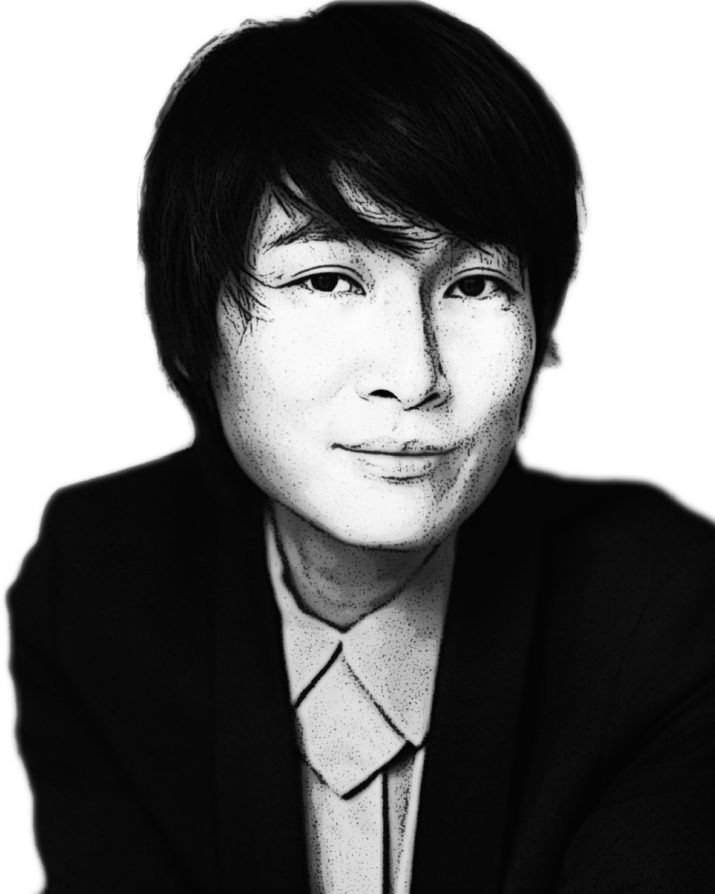

Translated from the Danish by Katrine Øgaard Jensen.
This is part of our special feature, New Nordic Voices.
SHE IS ANGRY about being an import.
She is angry about being an export.
She is angry that adoption agencies in sending as well as receiving countries make money off transnational adoption.
She is angry to read in an essay[i] in Outsiders Within — Writing on Transnational Adoption that South Korea earns more than 15 million dollars annually on mediation for transnational adoption of children.
She is angry that adoption agencies proactively seek children who can be given up for adoption. They should, of course, help children in vulnerable positions, but to be on the actual lookout for children who could be given up for adoption is taking it too far, she thinks. In her opinion, there should be a bigger focus on helping the parents of vulnerable children, to avoid separating those children from their parents and their original culture.
She is angry to hear a rumour that the American adoption agency Holt International Children’s Services is looking for new markets, among them North Korea, from where they can recruit children who can be given up for adoption. Holt International Children’s Services already mediate adoptions from Bulgaria, China, Ethiopia, Guatemala, Haiti, India, South Korea, The Philippines, Rumania, Thailand, Uganda, Ukraine, USA, and Vietnam. If the regime in North Korea were to collapse, North Korea could also be added to the list. Suffice it to say that Holt International Children’s Services would like to see the regime in North Korea collapse so the agency can gain access to a great new market.[ii]
She is angry that adoption these days seems more like a matter of finding children for parents rather than finding parents for children; that’s how a phenomenon such as child harvesting emerged. Adoption agencies wouldn’t have to pay anyone to convince vulnerable parents to give up their child for adoption unless the demand for children exceeded the supply.
She is angry that the demand for children exceeds the supply.
[i] Kim, Jae Ran. “Scattered Seeds”.
Outsiders Within — Writing on Transracial Adoption. Jane Jeong Trenka, Julia Chinyere Oparah and Sun Yung Shin (ed.) South End Press, 2006.
[ii] Hübinette, Tobias. ”North Korea and adoption”. Korean Quarterly Winter 2002/2003.
Maja Lee Langvad was born in 1980 in Seoul, South Korea, and grew up in Copenhagen, Denmark. She graduated from The Royal Danish School of Writing in 2003, and from 2004-2010 she served as co-editor of the literary magazine Banana Split. Her 2004 debut Find Holger Danske (Finding Holger Dane), which addressed issues of adoption, nationalism and racism, was awarded the prestigious Bodil og Jørgen Munch-Christensens debutant prize. From 2007 to 2010 she stayed in Seoul to reconnect with her biological family and Korean cultural roots. During this time, she worked on the book Hun er vred (She Is Angry), which was published in 2014 along with a follow-up to the debut, Find Holger Danske: Appendix. Since then, Hun er vred has been translated into Swedish and published as part of Bonniers Förlag’s Panache series. Langvad’s latest book Dage med galopperende hjertebanken was published in Denmark in 2017.
Katrine Øgaard Jensen is the editor of EuropeNow. A recipient of several awards and fellowships, her work has appeared in the Columbia Journal, the Washington Square Review, Arc Poetry Magazine, the Denver Quarterly, and elsewhere. Her translation of Ursula Andkjær Olsen’s poetry collection Third-Millennium Heart (Action Books/Broken Dimanche Press 2017) was recently longlisted for the Best Translated Book Award.




